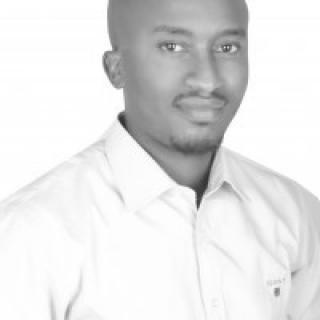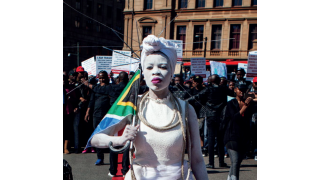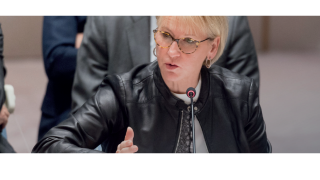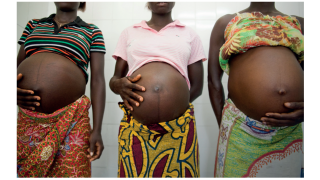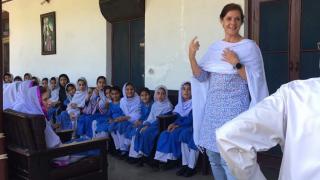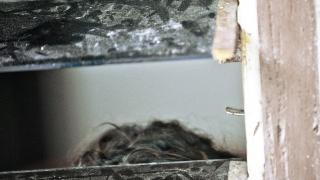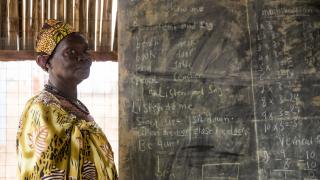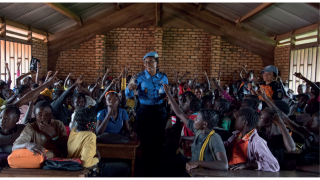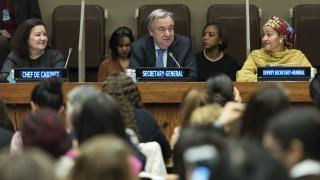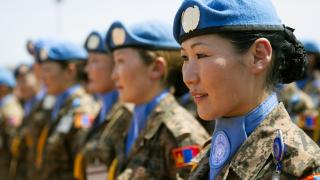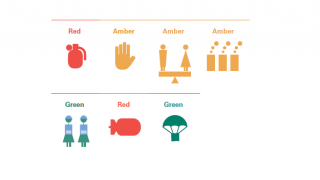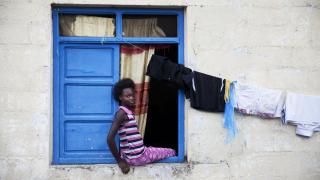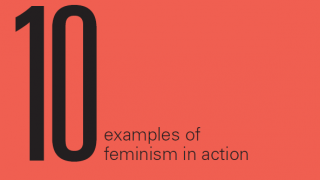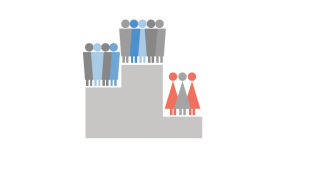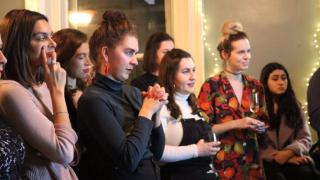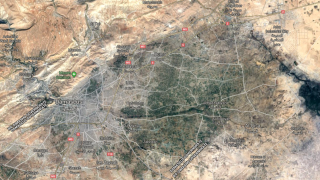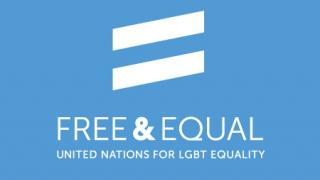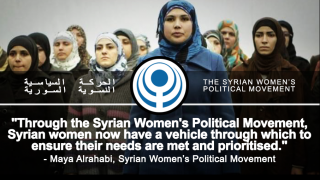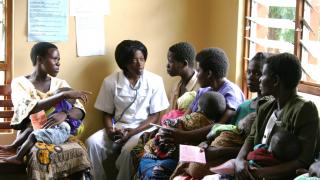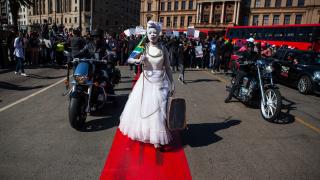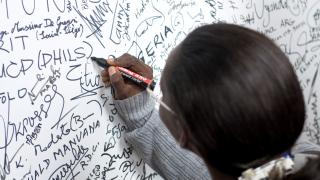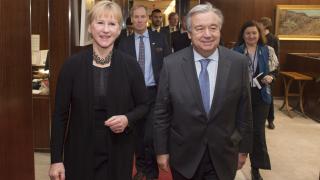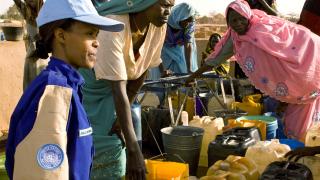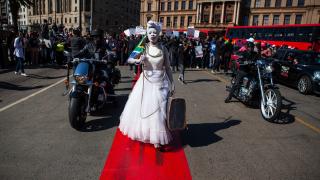
South Africa has a femicide rate five times higher than the global average. Every eight hours, a woman dies at the hands of their intimate partner here. Abuse of women is still rife in South Africa. We need to get to the root causes of violent masculinity and the abuse of women in general.
The Centre for the Study of Violence and Reconciliation (CSVR) conducted a brief literature review about Gender-Based Violence (GBV) in South Africa, funded by the Finnish Embassy. A study involving a random selection of women in South Africa concluded that 24.6% have experienced some kind of physical assault from their current partners (Jewkes et al. 2002). In 1999, 8.8 in every 100 000 members of the female population aged 14 years and older died at the hands of their partners – the highest rate ever reported in research anywhere in the world (Mathews et al. 2004). In terms of femicide, of the seven women murdered on average every day between March 2010 and March 2011, at least half of the murders were perpetrated by intimate partners (Abrahams et al. 2013).
Femicide led me to convene the “Not in my name” march against the abuse of women in Pretoria, South Africa on 20 May 2017. The march saw over 4,000 people gathering at the Pretoria Church Square marching together to the Union Buildings which is the official seat of the South African government and the office of the South African president. The march was organised in only 4 days by three independent organisers; Kholofelo Masha, Obakeng Motshabi and myself. Without any funding and resources, it attracted both local and international media. This was after the death of Karabo Mokwena who was killed and set alight by her intimate partner. Karabo’s story was just one of many and we had to do something. The march was led by the “lady in white”, she represented the souls of all women who died at the hands of their intimate partners and men in general.
The march was shortly followed by another that took place in Soweto, Johannesburg, the following week. These mass demonstrations were intended not only to raise awareness on gender based violence, but also to call men into taking collective responsibility. We successfully managed to get the country’s attention. However, the most common question was, "now that you have marched, what’s next?". NIMNSA (“Not In My Name South Africa") was established.
NIMNSA is a movement that focuses on sustainable positive changes in the lives of ordinary South Africans. We are a countervailing force to those who are intent on undermining our civil liberties and our constitution. We mobilise sectors, organisations and ordinary individuals to stand up against any form of social injustices. We aim to strengthen the foundations of our democracy by standing up for the rights of women and to be an advocacy group against femicide, rape culture and commoditising of women and children. We aim to educate and enlighten perpetrators, and potential perpetrators. Considering that gender based violence is fuelled by other socioeconomic factors, NIMNSA was transformed into a civil rights movement to addresses social issues generally. Our focus is to empower South Africans to understand and use the power they possess through the constitution. NIMNSA is currently the fastest growing black youth owned civil rights movement in South Africa.
In our 7 months of existence, amongst other things, we have secured 10 bursaries for deserving learners from underprivileged backgrounds to further their studies in 2018. We have re-united rehabilitated perpetrators with their communities and some have joined our movement. We have successfully sent gender based violence cases, which had been abandoned, back to the courts to ensure that justice is served. We have ensured that many women who are victims of gender based violence receive counselling from professionals. We have intervened in many cooperate and governmental organisations to resolve conflict caused by sexual intimidation and harassment and conduct gender sensitivity training. However, our biggest stumbling block remains lack of resources because we do not have any sponsors or donors. We have programs we would like to implement to address this pandemic, but we are unable to at the moment due to lack of funds.
I left my civil engineering technician job three months ago to dedicate my time into “redefining masculinity” and to work with NIMNSA full time. I travel throughout the country to talk to men and women about raising their sons. These conversations involve male privilege, imbalances of power, discriminatory patriarchal practices against women, the role of the apartheid legacy, sex, substance abuse, men’s inability to provide for their families due to unemployment, homophobia, stress, depression and many issues besides.
Redefining masculinity involves facilitating vital conversations amongst men. The conversations we men have when we are among ourselves are too often toxic and perpetuate gender based violence. We need to challenge the psyche of violent masculinity. For a long time now, masculinity has been socially accepted as requiring the dominance and suppression of women. This cannot be accepted anymore.
You can find out more about Not In My Name South Africa on their website http://nimnsa.org
Photo: A woman leads the ‘Not in my name’ march in Pretoria, South Africa, following a spike in reports of women being murdered and raped, May 2017 © WIKUS DE WET/AFP/Getty Images

